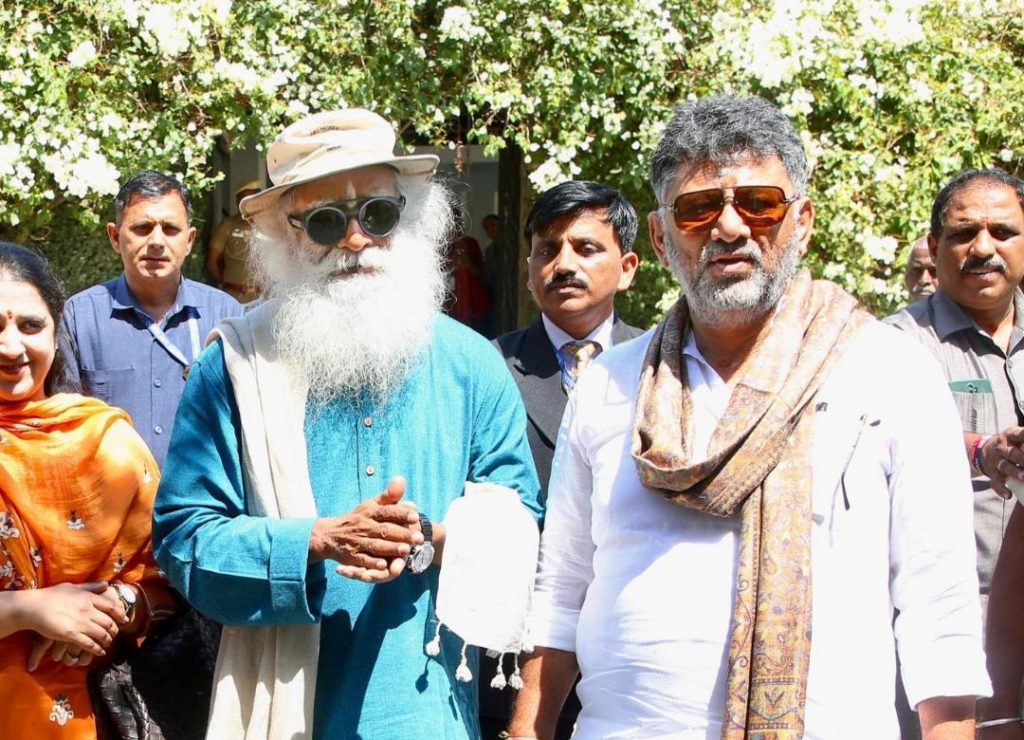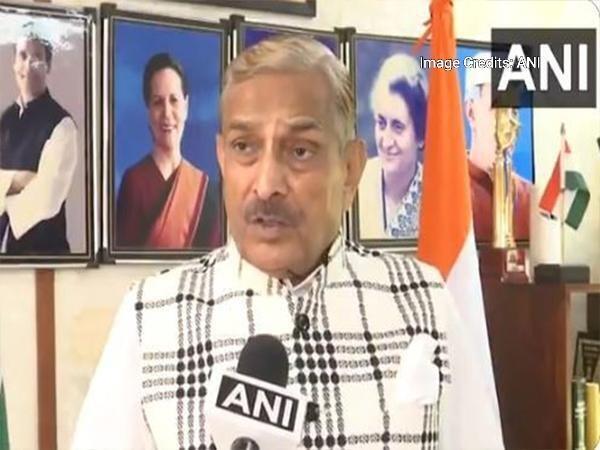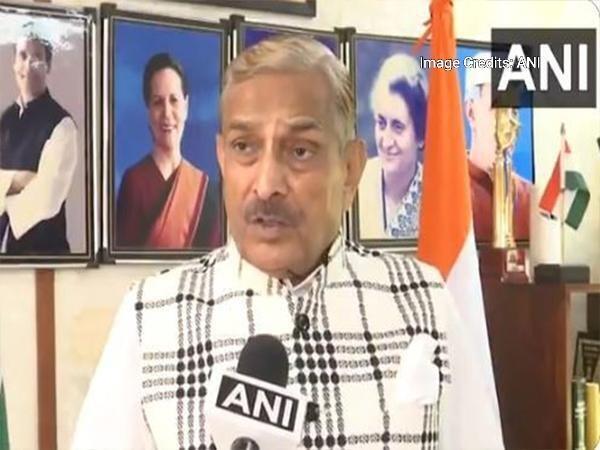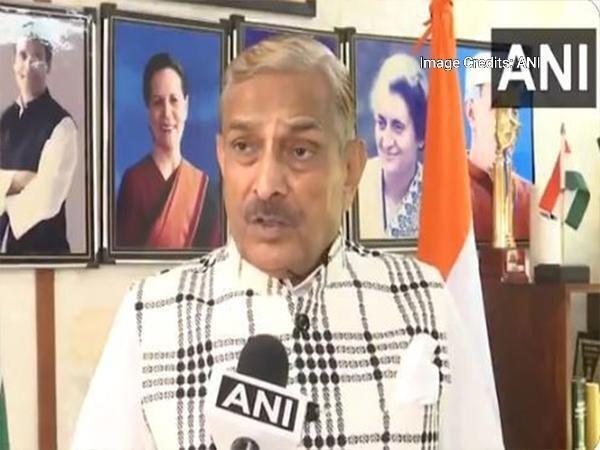
I’m a Hindu, will die as one: Shivakumar amid row over meeting Sadhguru
In recent times, religious polarization has become a pressing concern in India, with many individuals and organizations taking strong stands on issues related to faith. Against this backdrop, Karnataka Deputy Chief Minister DK Shivakumar has sparked a controversy by attending a Mahashivratri event hosted by Sadhguru, the founder of Isha Foundation. The event, which was held at the Isha Yoga Center in Coimbatore, was attended by several prominent figures, including Shivakumar, who is a prominent figure in the Indian National Congress.
The controversy surrounding Shivakumar’s attendance at the event has centered on the fact that Sadhguru has been accused of promoting Hindu nationalism and has been critical of certain religious practices. Many within the Congress party have criticized Shivakumar for attending the event, with some even calling for his resignation.
In response to the criticism, Shivakumar has defended his actions, stating, “I’m a Hindu, I’ll die as a Hindu, but I love and respect all religions.” He also added that Sadhguru is a great man and that he admires his knowledge and stature.
Shivakumar’s statement has sparked a heated debate about the role of religion in public life and the appropriate boundaries that individuals in positions of power should maintain. Some have argued that Shivakumar’s attendance at the event was inappropriate and that it undermines the secular principles of the Indian Constitution. Others have defended his actions, arguing that it is essential to promote interfaith dialogue and understanding in a diverse and pluralistic society like India.
The controversy surrounding Shivakumar’s attendance at the event highlights the complex and often contentious relationship between religion and politics in India. On one hand, religion plays a significant role in the lives of many Indians, and many politicians have sought to capitalize on this by appealing to religious sentiments. On the other hand, the Indian Constitution is based on the principles of secularism, which seeks to separate religion from politics and ensure that all citizens are treated equally regardless of their religious beliefs.
In the context of the recent controversy, it is essential to examine the role of Sadhguru and the Isha Foundation in promoting Hindu nationalism. Sadhguru has been accused of promoting a form of Hindu nationalism that is intolerant of other religious beliefs and that seeks to marginalize minority communities. The Isha Foundation, which was established by Sadhguru in 1992, has been criticized for its alleged involvement in promoting Hindu nationalism and for its attempts to impose Hindu values on Indian society.
It is also essential to examine the role of Shivakumar and the Congress party in promoting interfaith dialogue and understanding in India. The Congress party has a long history of promoting secularism and protecting the rights of minority communities. However, in recent years, the party has faced criticism for its alleged failure to effectively address the concerns of minority communities and for its alleged complicity in promoting Hindu nationalism.
In conclusion, the controversy surrounding Shivakumar’s attendance at the Mahashivratri event hosted by Sadhguru highlights the complex and often contentious relationship between religion and politics in India. While Shivakumar’s statement has sparked a heated debate about the role of religion in public life, it is essential to examine the broader context in which this controversy has emerged. It is essential to promote interfaith dialogue and understanding in India, and to protect the rights of minority communities. Ultimately, it is up to individuals and organizations to promote a culture of tolerance and respect for all religious beliefs.





